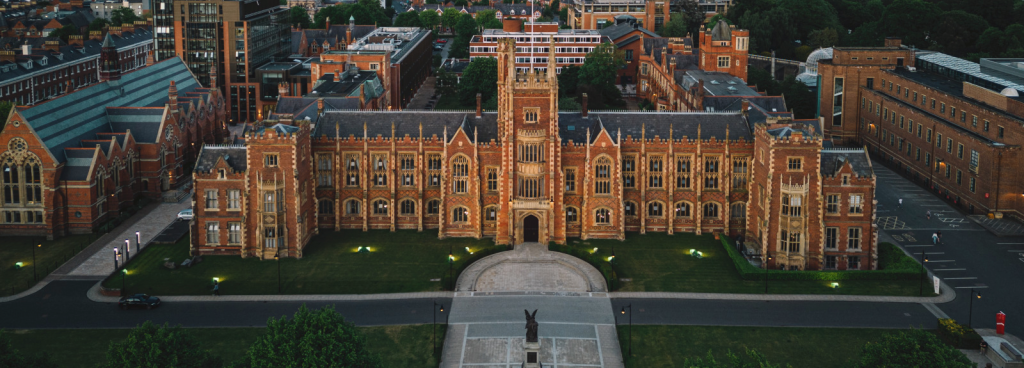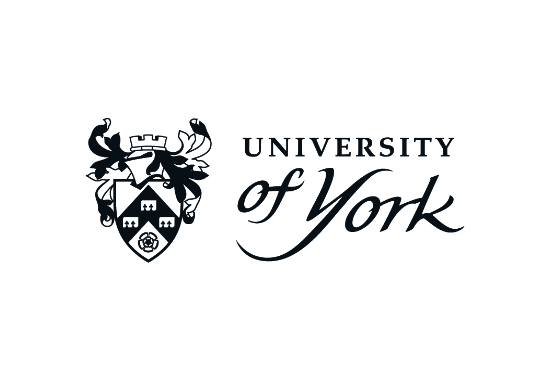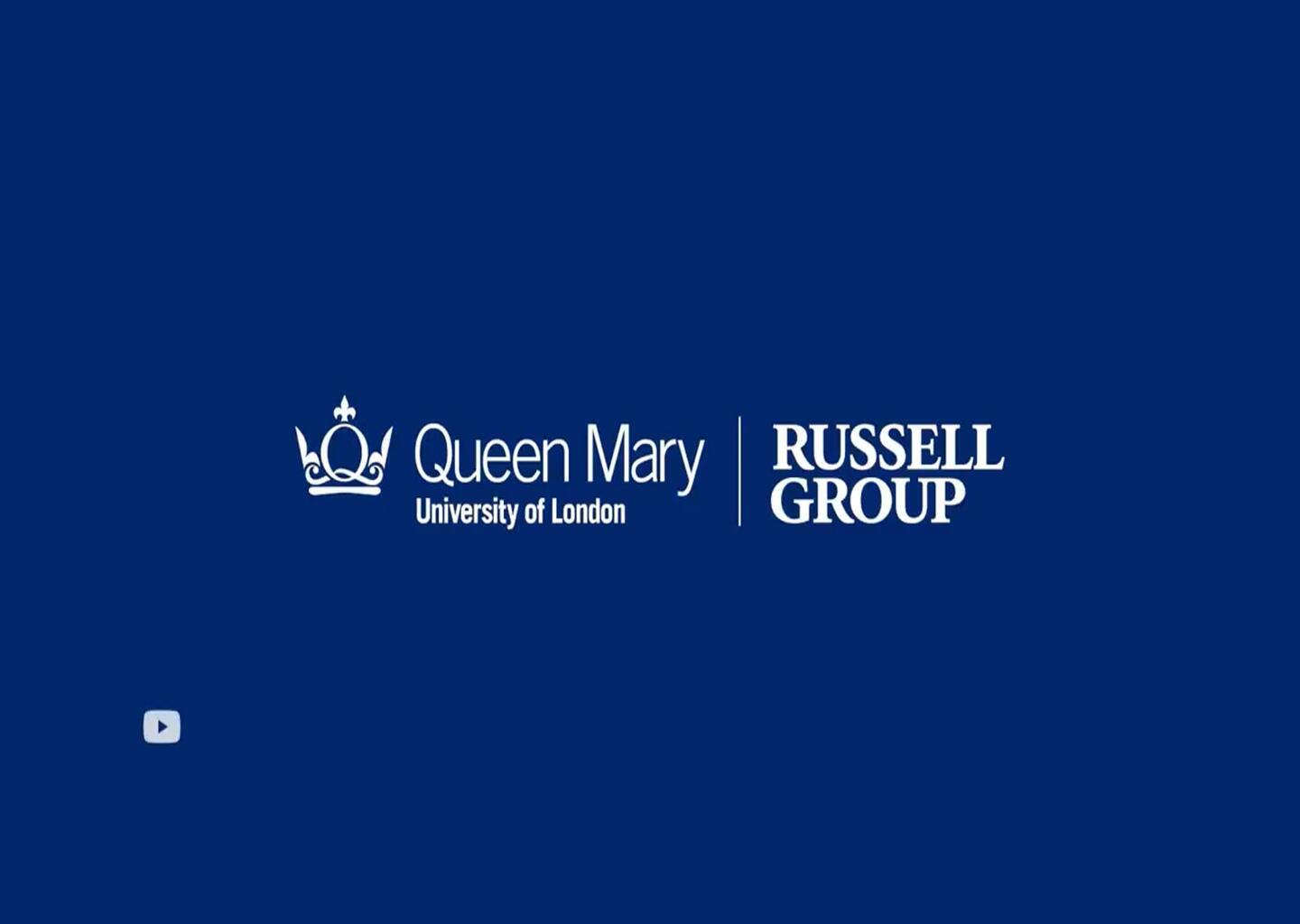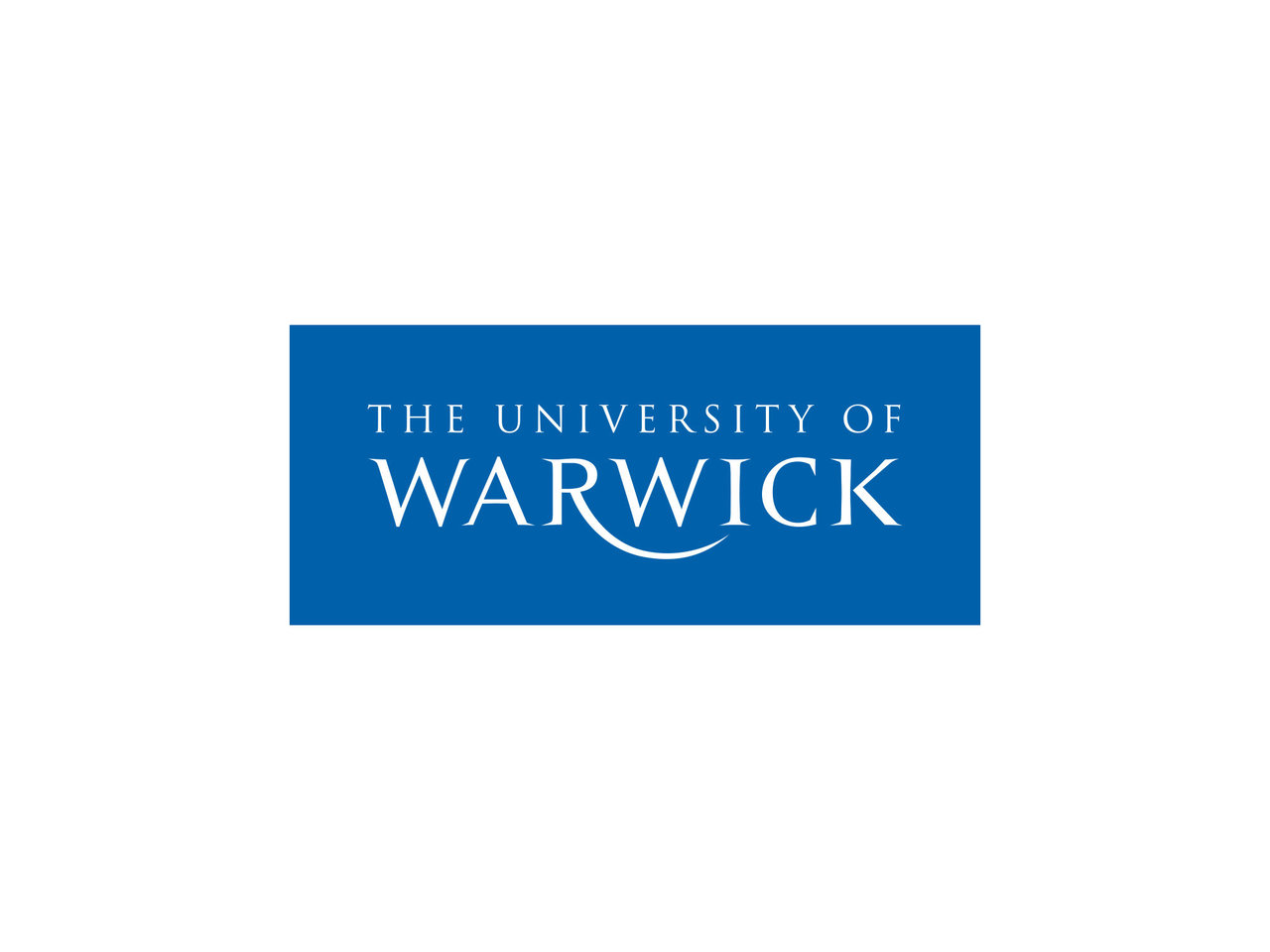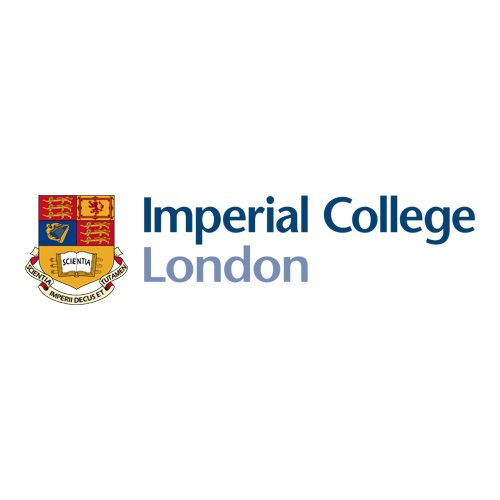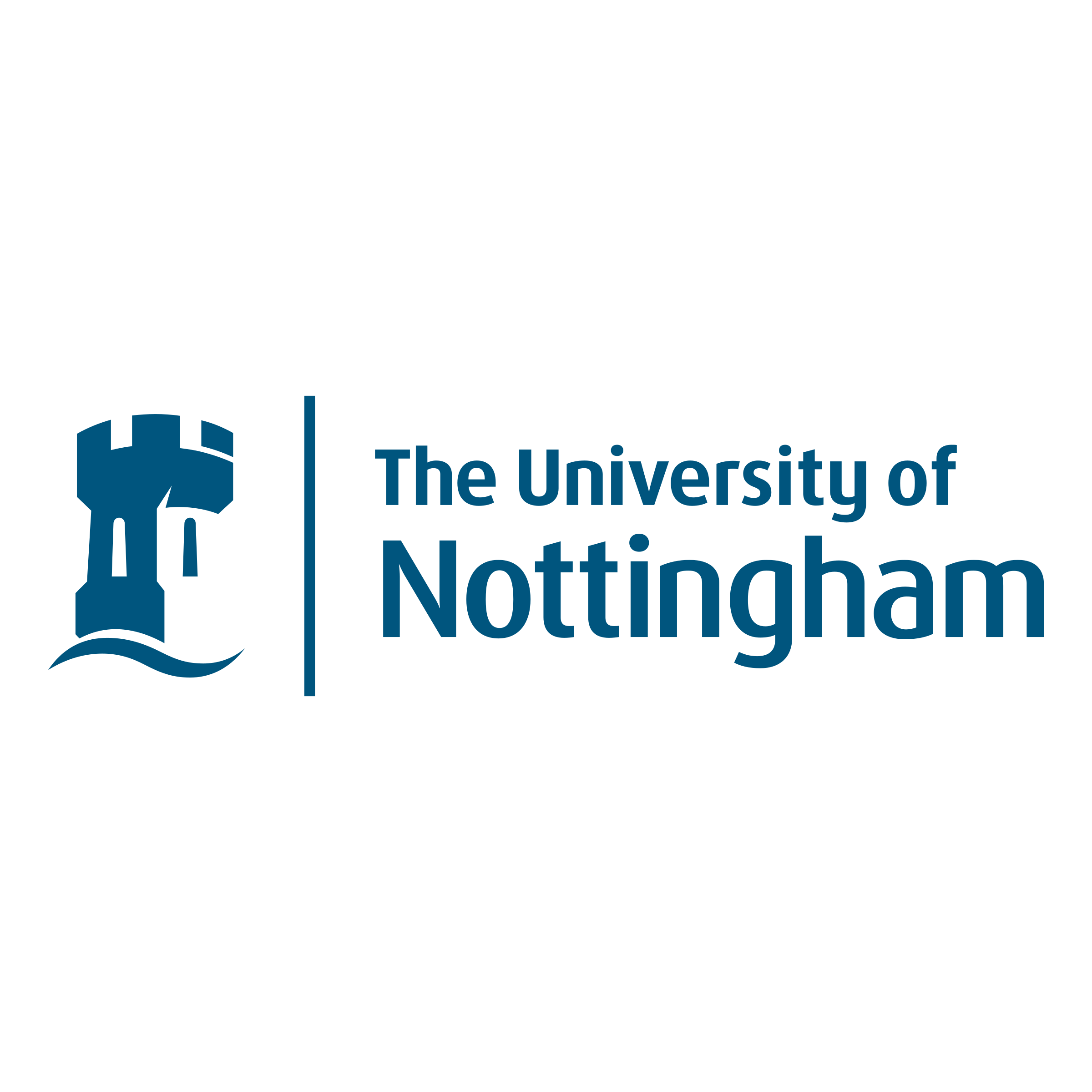The Group of Eight (Go8) is a coalition of Australia’s leading research-intensive universities.
These institutions are renowned for their academic excellence, innovative research, and high-impact teaching practices.
Collectively, they drive national and global progress in education, health, technology, and economic development.
Why Was the Group Formed?

The Go8 was established to represent the interests of Australia’s top research universities and to advance policy in higher education and research.
With access to a major share of Australia’s research funding, these universities:
- Influence public policy and innovation
- Lead high-level research outputs
- Prepare graduates for leadership roles across the globe
In the latest Excellence in Research for Australia (ERA) report, the Go8 accounted for:
- Over 70% of Australian university research activity rated at world standard or above
- A significant proportion of all Australian academic publications
Key Benefits of Studying at a Go8 University
| Benefit | Details |
|---|---|
| Academic Excellence | Consistently ranked among the top universities globally and in Australia |
| Research Opportunities | Access to world-class labs, facilities, and faculty-led research |
| Global Employability | Strong ties with multinational employers and high graduate success rates |
| International Prestige | Degrees recognized and respected across continents |
| Rich Student Support | Personalized mentoring, vibrant student life, extensive academic resources |
| Strategic Collaborations | Partnered with top institutions across Asia, Europe, and North America |
List of Group of Eight (Go8) Universities
Group of Eight Universities, Map, Australia
Here are the eight universities that make up the Go8:
- University of Melbourne
- Australian National University (ANU)
- University of Sydney
- University of Queensland (UQ)
- University of New South Wales (UNSW Sydney)
- University of Western Australia (UWA)
- University of Adelaide
- Monash University
Why Are Group of Eight (Go8) Universities Important?
1. Academic Reputation

Ranked #1 in Australia and among the world’s top 40 universities. These universities are leaders in academic performance and are regularly featured in QS and Times Higher Education global rankings.
You Might Also Like: Scholarship Opportunities in Australia for Indian Students
2. Research Leadership

ANU leads Australia’s contribution to research in areas like climate science and political policy. With large research budgets and global partnerships, Go8 universities produce groundbreaking discoveries that shape policy and industry.
3. International Recognition

A Go8 degree opens doors worldwide, from graduate schools to international employers. Their degrees are recognized globally, attracting international students and academic talent.
4. Strong Industry Linkages

Partners with government and industry to provide students with internships, placements, and real-world learning. Students gain access to top-tier research projects and work-integrated learning.
5. Diverse Course Offerings

Offers over 140 undergraduate and postgraduate programs with multidisciplinary flexibility. From Engineering to Law, Medicine to the Arts, Go8 universities offer cutting-edge and future-focused curricula.
6. Innovation in Education

UNSW incorporates entrepreneurial learning and AI-driven platforms to tailor education for modern careers. They lead in blended learning, digital transformation, and educational innovation.
How Group of Eight (Go8) Universities Compare
| Feature | Go8 | Non-Go8 (General) |
|---|---|---|
| Research Funding | Very High | Moderate to Low |
| Global Rankings | Frequently Top 100 Globally | Varies Widely |
| Industry Partnerships | Extensive and Strategic | Limited or Developing |
| Graduate Employability | Exceptionally High | Varies |
| Tuition Fees | Generally Higher | Slightly Lower or Comparable |
| Entry Requirements | More Competitive | More Accessible |
Tips for International Students
If you’re applying from overseas:
- Ensure your qualifications align with the Australian Tertiary Admission Rank (ATAR) or equivalent.
- Check visa requirements, health insurance, and English proficiency standards (e.g., IELTS/TOEFL).
- Explore Go8 scholarships for international students.
- Attend university webinars, virtual tours, and open days to get a feel for the campus and support systems.
How to Apply To Group of Eight (Go8) Universities
If you’re targeting a Go8 university:
- Apply through the official Australian Government portal or university-specific portals.
- Tailor your application to highlight academic excellence, research interest, and extracurricular achievements.
- Seek guidance from certified education consultants for smoother application processing.
Ready to Begin Your Go8 Journey?
Whether you’re starting your research or ready to apply, our team at Admitix can help you chart the right course.
Book a personalized consultation today and unlock the path to your dream Group of Eight (Go8) university in Australia!
FAQs – Group of Eight (Go8)
1. Is it harder to get into a Group of Eight (Go8) university?
Yes. They have higher entry standards and attract top-performing students globally.
2. Are Group of Eight (Go8) universities only for research students?
No. They offer world-class undergraduate and taught master’s degrees too.
3. Is the Group of Eight (Go8) the same as the Ivy League or Russell Group?
No. But it’s Australia’s counterpart, equivalent in academic standing and research excellence.
4. Do Group of Eight (Go8) universities offer scholarships?
Yes. Both merit-based and need-based scholarships are available for domestic and international students.
5. Can I transfer to a Group of Eight (Go8) university mid-degree?
It’s possible, depending on course compatibility and available seats. Early planning is key.


